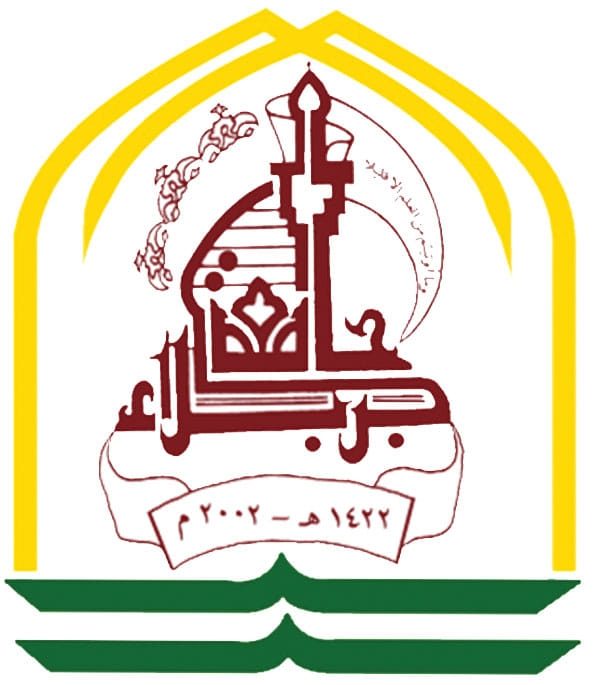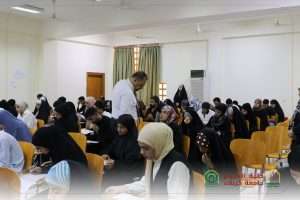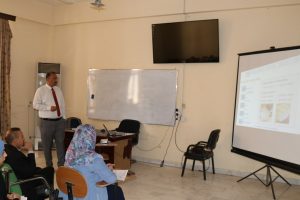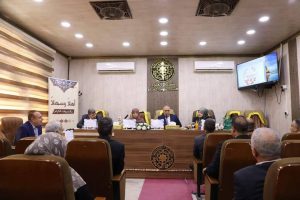The MSc student Vian Muhammed Abdul Razzaq of the Chemistry Department discussed her thesis entitled “Relationship between fruit and vegetable intake and biochemical markers of metabolic disorders and heart diseases in type 2 diabetes patients”. The discussion was held at the Great Hall in the College of Science on Sunday 16/8/2020.
The researcher stated that the current study included collecting venous blood samples from (85) type 2 diabetes patients, in addition to (20) samples from healthy volunteers. Then, various biochemical indicators were estimated using Cobas spectroscopy. A special questionnaire prepared by the UK Health Foundation (UKDDQ) was also used to conduct human and demographic measurements related to the type of food and determine the amount of fruits and vegetables consumed by each volunteer in the study. The concentrations of vitamins (A, E, and C) in plasma were estimated using high performance chromatography (HPLC) device. The IBM SPSS statistical program and the GraphPad Prism 8 program were used to conduct all statistical analyses. The Unpaired t-test was further used to analyze most of the data obtained.
The researcher concluded that a balanced diet should include balanced quantities of fruits and vegetables as a source of vitamins, minerals and other supplements. This plays a role in developing antioxidant efficacy in healthy people as well as in type 2 diabetes patients, in addition to reducing the risk of possible complications of the disease.
It is noteworthy that the study was conducted under the joint supervision of Instructor Dr. Tha’ir Mahdi Madlul of the College of Science, Karbala University, and Instructor Dr. Ammar Waham Ashour of the College of Medicine, Al-Mustansiriya University. The discussion committee was composed of Prof. Dr. Sanad Baqir Muhammed of the College of Science for Women, University of Baghdad, Prof. Dr. Narjis Hadi Mansour of the College of Science, Karbala University, and Prof. Dr. Falah Sumum Daghal of the College of Science, Al-Mustansiriya University.


































































